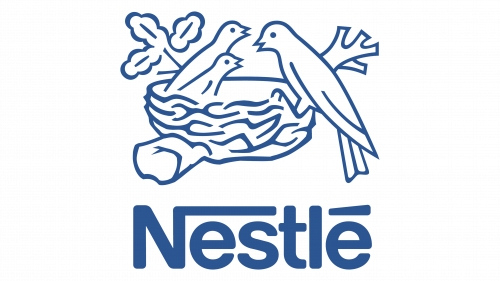CareerClub Community
Elevate Your Career with CareerClub!
Are you ready to advance your career trajectory? You're in the right
place! Join as a member of one of the fastest-growing professional
communities online. At CareerClub,
we're not just about job listings - we're about fostering a vibrant,
inclusive network where career growth thrives.
Join local / global CareerClub events
Connect with CareerClub peers
Engage and Grow through CareerClub opportunities
Join Our Movement:
Connect, Collaborate, and Catalyze Change
Employers
Want to support your talent pool? Quickly find and share internal knowledge with Private Q&A
Professionals
Questions about your career? Join the conversation, gain insights, and make informed decisions
Partners
Partner with us to reach a wider audience, offer expertise, and craft experiences that leave a lasting impact
People, jobs, events, and more - powered by AI and a thriving community. The #FutureOfCommunity platform built for everyone.
From an Organization that is Trusted By 15,000+ Companies





















Or